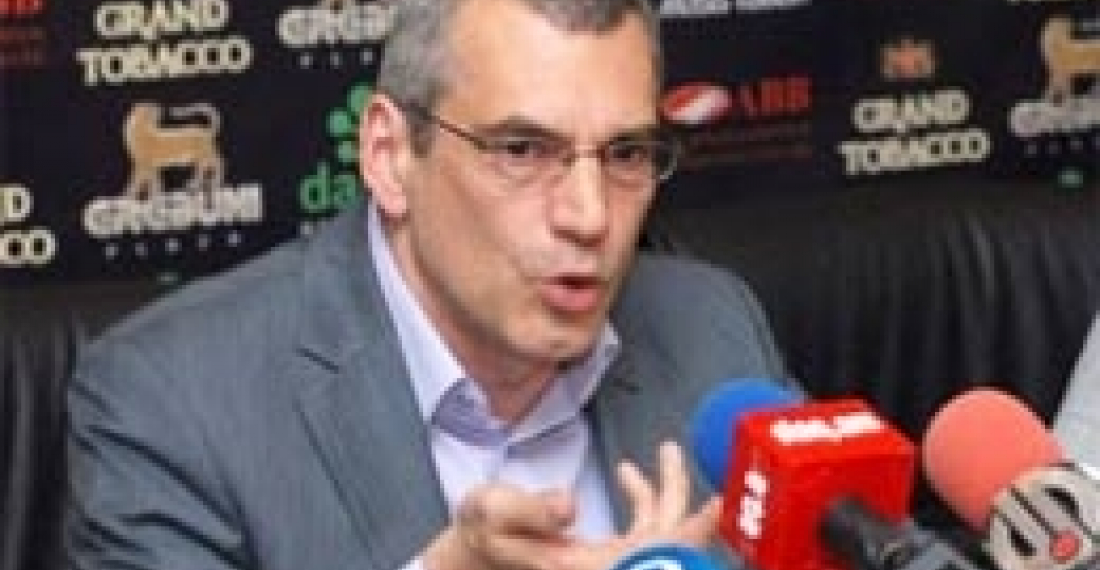The resolution of European Parliament on Safarov's case is not satisfactory, political expert, Richard Giragossian, said at today's press-conference.
"I did not like the reaction of the European Parliament. It had to occupy harsher stance, in particular, to impose a military embargo on Azerbaijan and apply sanctions on it", - he said.
He also added that such reaction of the European Parliament was not a surprise for him, as this structure always escapes making sharp solutions. Nevertheless, the resolution also has a positive side, as Azerbaijan was condemned in it, he said and added that this was an achievement not only of Armenia's Foreign Ministry but of the Armenian Diaspora too.
Touching on Karabakh conflict settlement, the expert said that Armenia should threaten Azerbaijan to leave the negotiating process. As for the NKR independence and Armenia's position in this matter, Giragossian said that Armenia will be wrong if it first recognizes independence of the NKR. "If Armenia first recognizes independence of the NKR, it will find itself in the same situation like Turkey, that recognized independence of Northern Cyprus.
One thing is clear in such a situation, that Karabakh will never be within Azerbaijan", - the expert said and added that nevertheless, the NKR is not yet ready to independence because of economic problems.
"The future of Karabakh is within Armenia", - Giragossian concluded.
Expert: Future of Nagornyy Karabakh is within Armenia
Expert: Future of Nagornyy Karabakh is within Armenia







